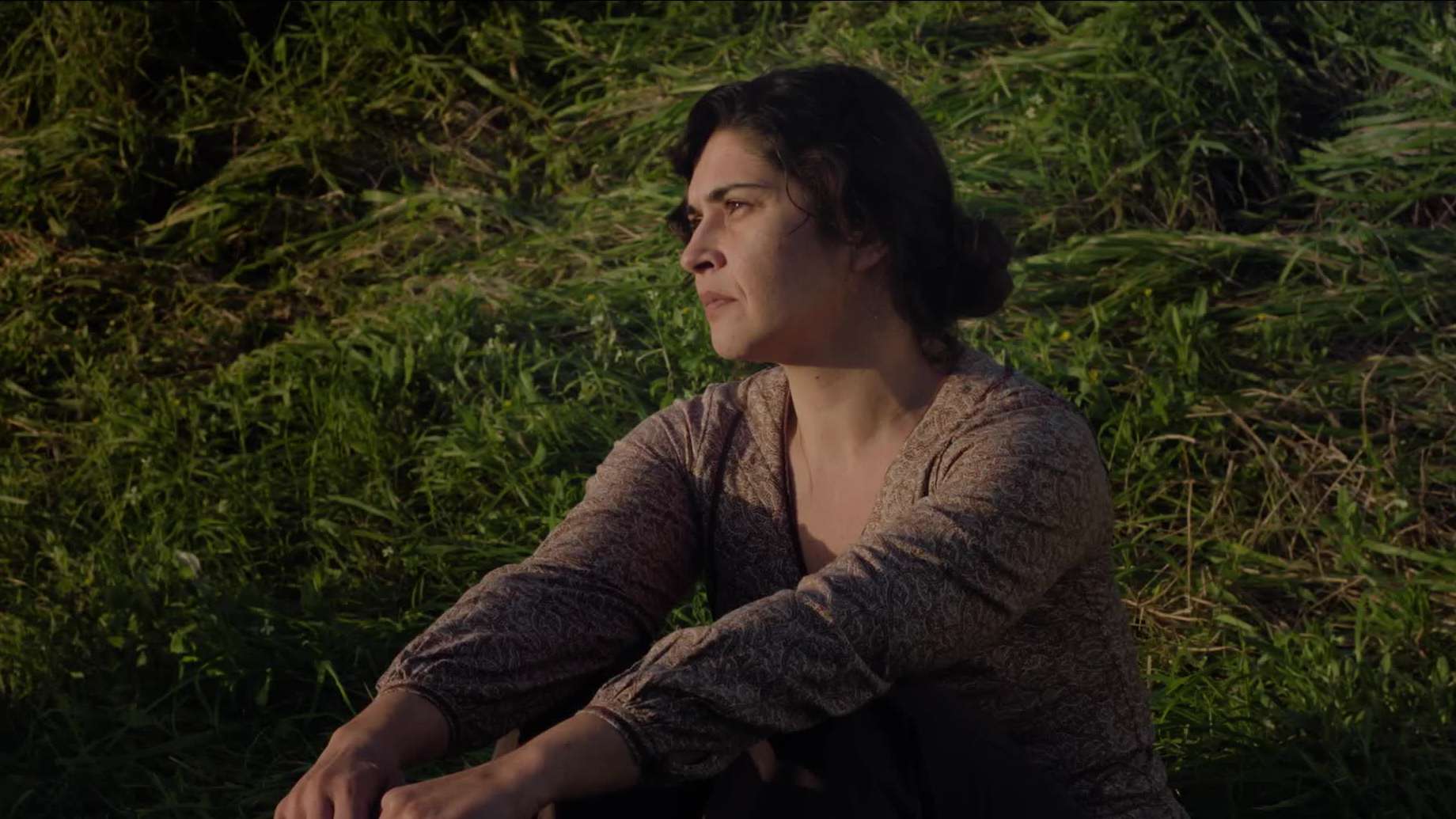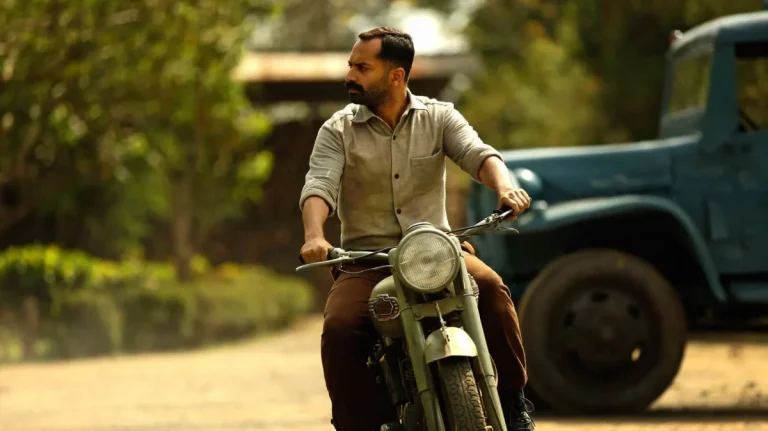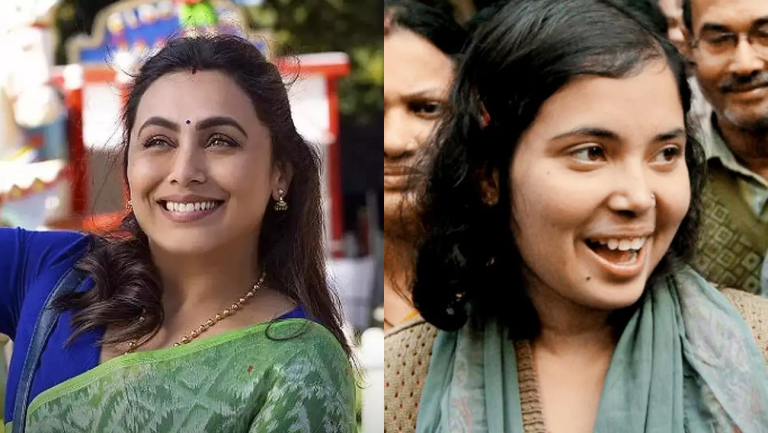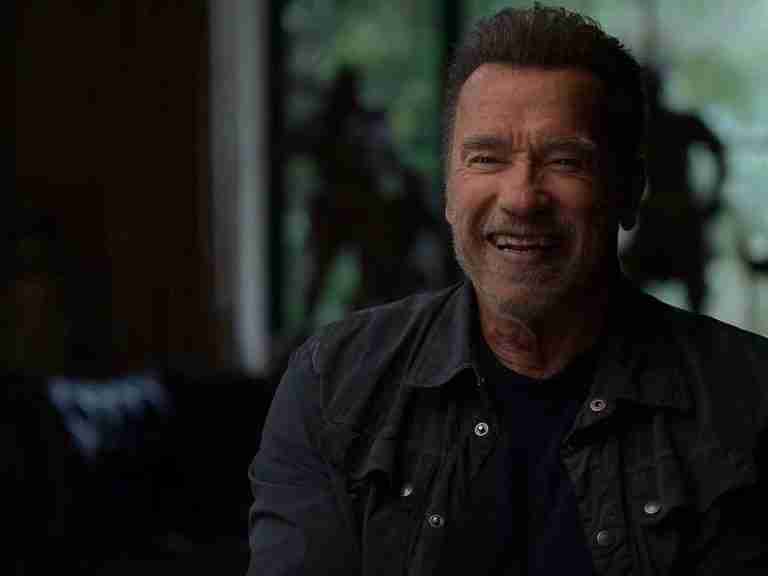The female body is posited as the site of brutality and compromise in Jaione Camborda’s “The Rye Horn.” It’s a ruthless world within which women are stranded and have to scavenge for their dignity. Justice is but a vague illusion, mostly if not entirely unavailable for them, even if they have the moral right at their side. At best, they can only enact small, substantive rebellions, which don’t come without their own price. When one is pushed so desperately to the wall, they may as well be compelled to take the situation in their hands and wrest out a possible countermeasure.
The film transports us to 1970s Spain, which was under the fascist stranglehold of Franco. It’s a tiny Galician island where the slim narrative takes off. María (Janet Novás) chooses to fling herself through an endlessly risky series of circumstances with her other job as a midwife who also clandestinely helps her clients with illegal abortions. We are never let into her motivations. María remains a somewhat frustratingly underdeveloped character when one reaches out to understand her past the veil of pain as she gathers some direction and purpose in her journey.
If we cannot fully comprehend the protagonist’s growth and resolve as she sets out, moving away from a set path, the film doesn’t achieve its full momentum. So, on peril striking María, the measure of stakes doesn’t wholly register. Her life is hurled into heightened danger the moment one of her abortions doesn’t go as desired and a client dies. Instantly, she is thrown into the cynosure of trouble and scrutiny and must flee if she is to save herself. How she remakes herself, draping on a new identity, constitutes the film’s second half.
María is a woman who possesses incredible strength of spirit. She has a quiet tenacity that enables her to row past crises, despair, and the decisive turning point event that forces her to reconsider everything she has and remold herself in the wake of a fresh threat. This hurried reconfiguration of her life, escaping across the border to Portugal, naturally attracts a fraught turn of events.

Obviously, such a journey is mired in probabilities swerving to the immediate breakdown of plans, even if they are well-oiled pockets of scraping past government protocol and security. Inevitably, María’s plan of bolting isn’t smooth, foiled by unwanted pairs of eyes that spot the surreptitious getaway. Camborda executes this night-time sequence with all its inherent pulsating tension.
Frequently, handling certain moments makes “The Rye Horn” tide over a thin narrative. There’s a fine sense of the granular and sheer intimacy in the director’s vision, coupled with Novás’ physically throbbing performance, crucially holding together the film. It also profoundly relies on Rui Poças’s camerawork, which is lush, searching, and vigorously expressive, imbuing the heroine’s journey of self-recalibration with grace and intensely palpable texture.
The film’s opening near-ten-minute sequence uninterruptedly depicts the grueling nature of childbirth. What stays constant throughout is the patient care and gentle guidance with which María leads the whole process. It’s the goodwill and generosity she has accumulated for helping out several women that stand her in good stead after she finds herself amidst strangers once she crosses over.
In a relentlessly patriarchal world, women have only each other to steer them through a gamut of misery and tragedy. Camborda does well to remind the viewer of the hierarchy of privilege; María may manage to rebuild herself on the safer, relatively stable ground, whereas the black woman (Siobhan Fernandez, making the biggest impression in the span of few minutes) who shelters her without prejudice or skepticism doesn’t have such benefit. “The Rye Horn” would have exerted a sharper grip if only the screenplay had drawn more attention to the women who prop up the heroine and whom she had scooped out of many a predicament. Consequently, some of the film’s power and poignance is lost.





![Luzzu [2021]: ‘HIFF’ Review – Traditionalism Battles Modernization In A Maltese Fishing Town](https://79468c92.delivery.rocketcdn.me/wp-content/uploads/2021/09/Luzzu-1-highonfilms-768x433.jpg)


![Family Dinner [2022]: ‘Tribeca’ Review – A Tense Horror-Drama That Tackles Body Positivity & Toxic Parenthood](https://79468c92.delivery.rocketcdn.me/wp-content/uploads/2022/06/Family-Dinner-2022-768x432.png)